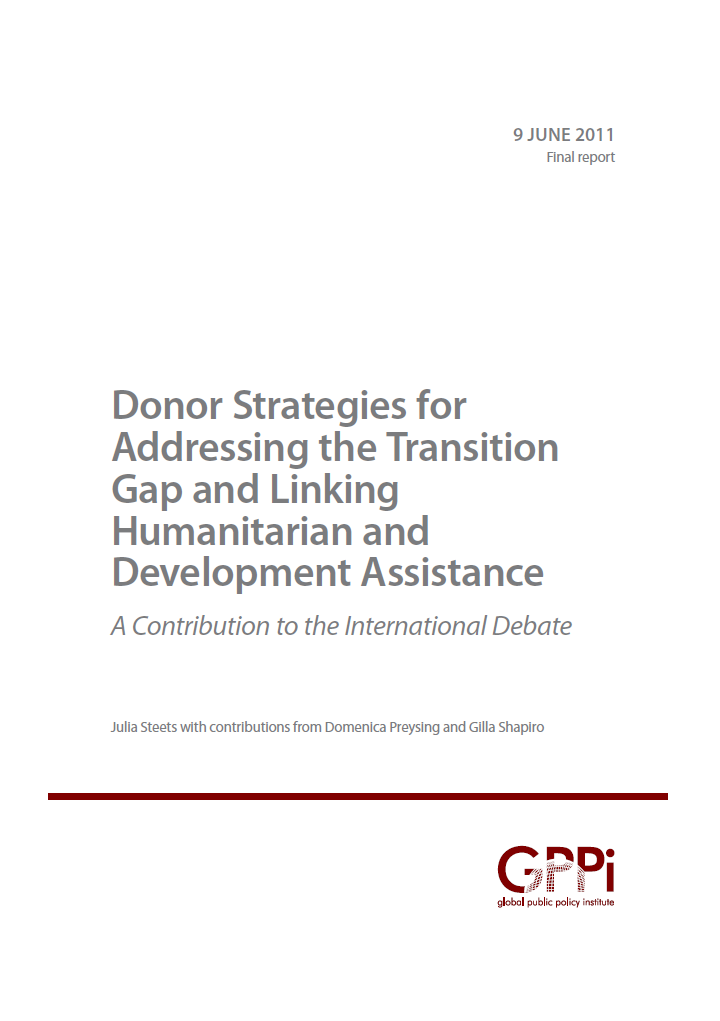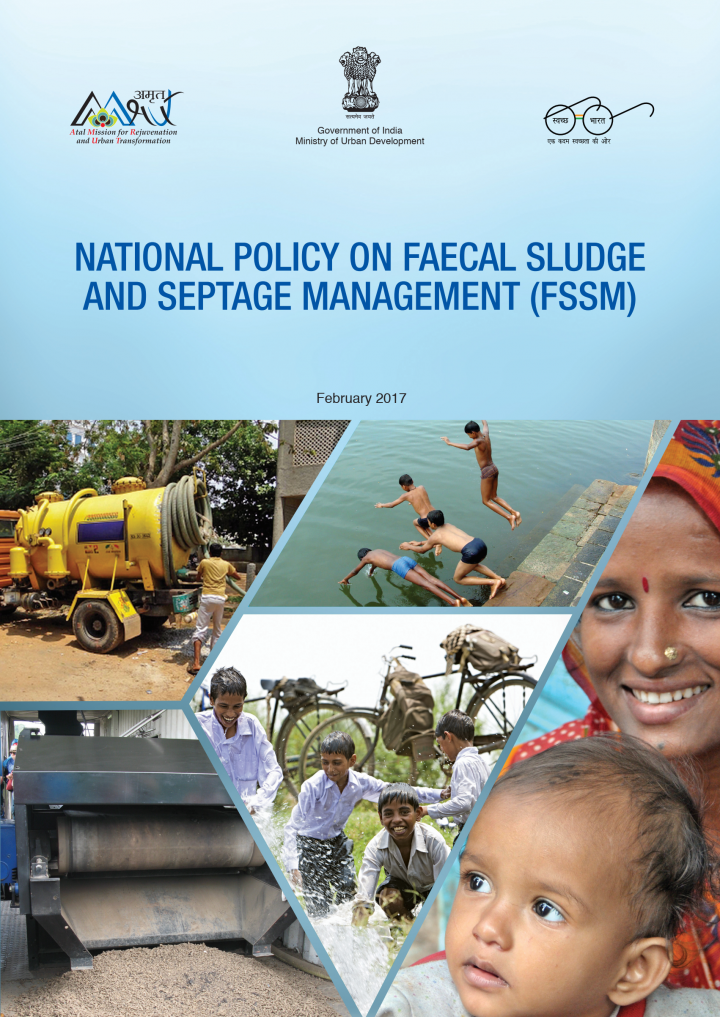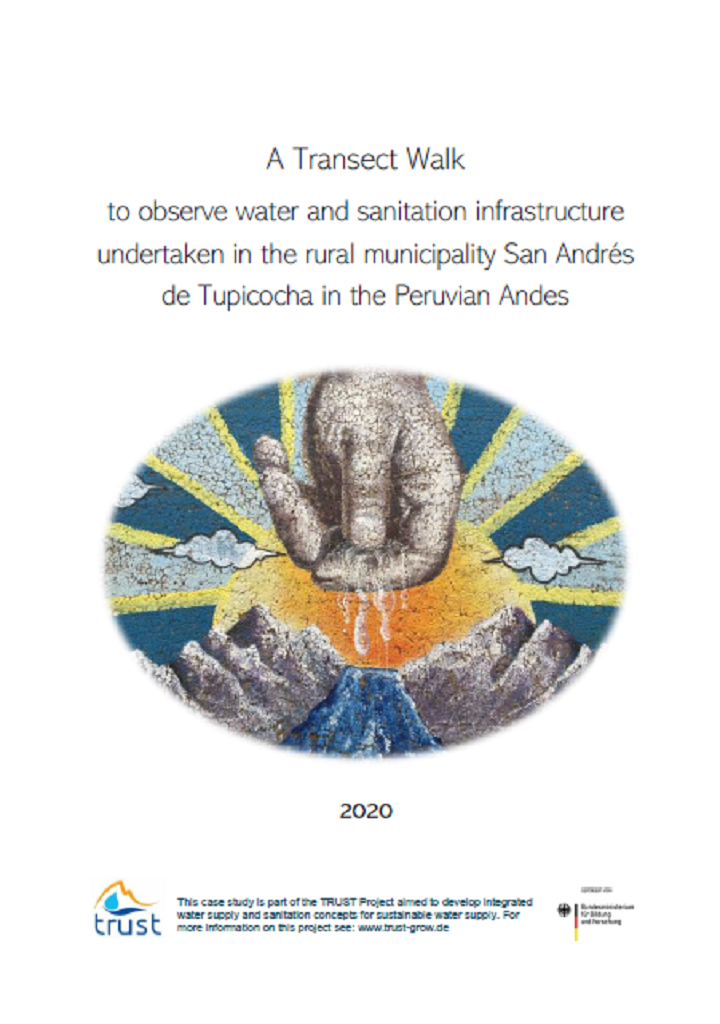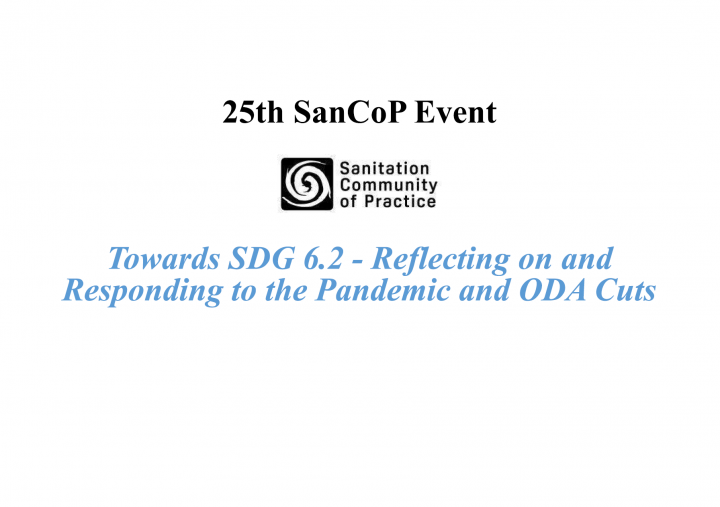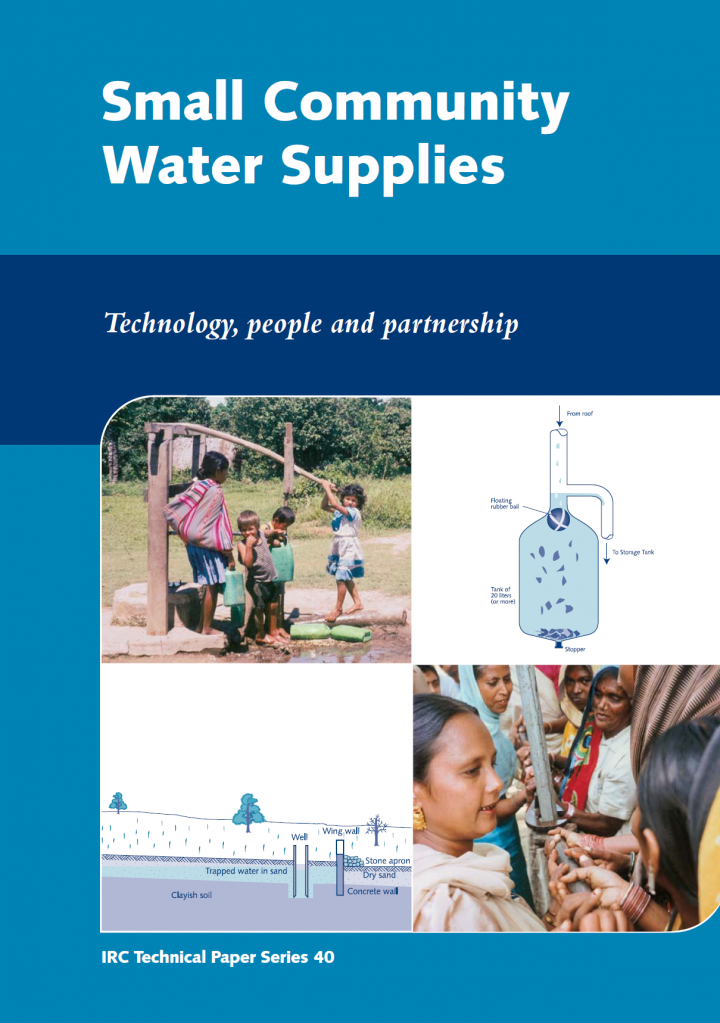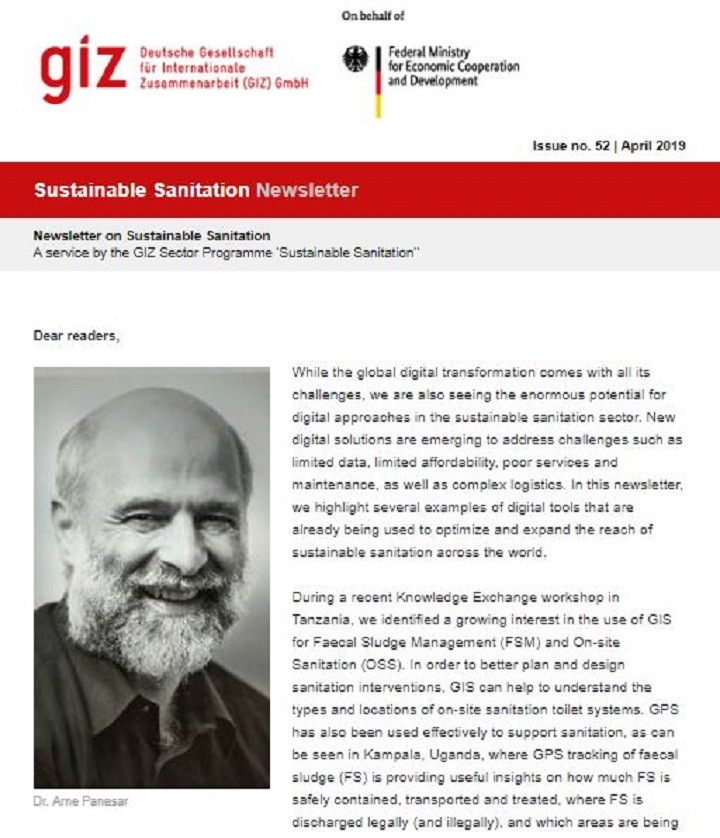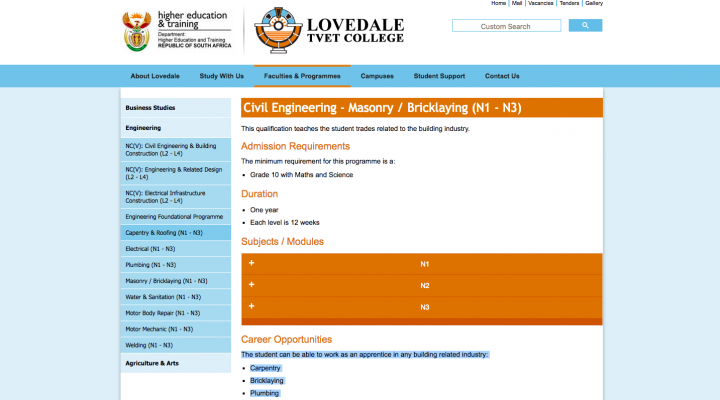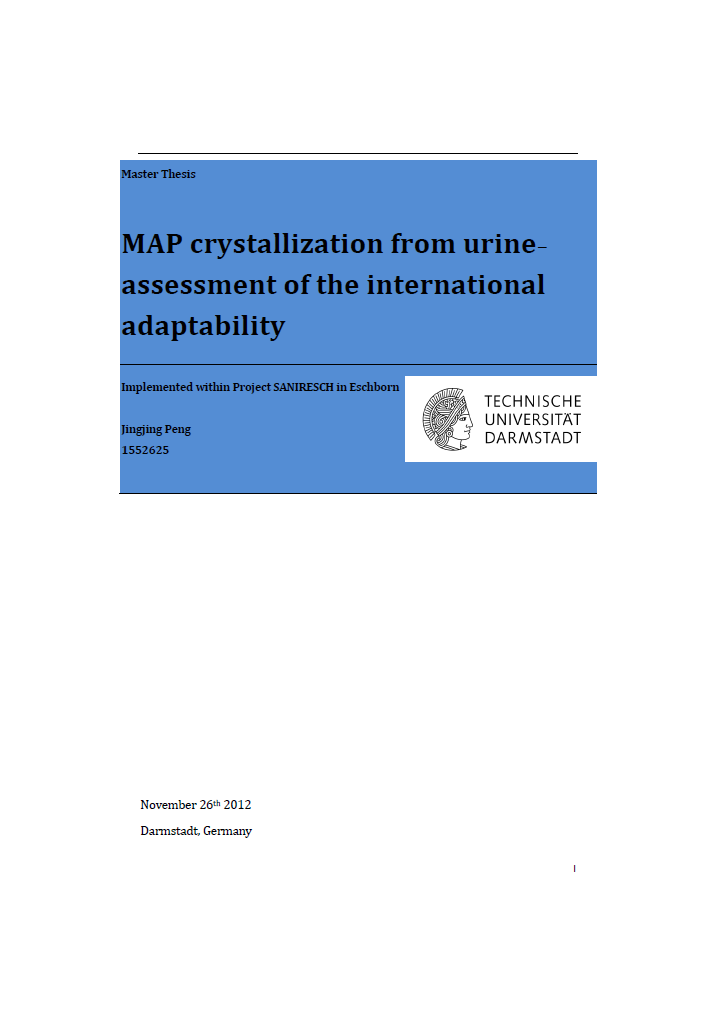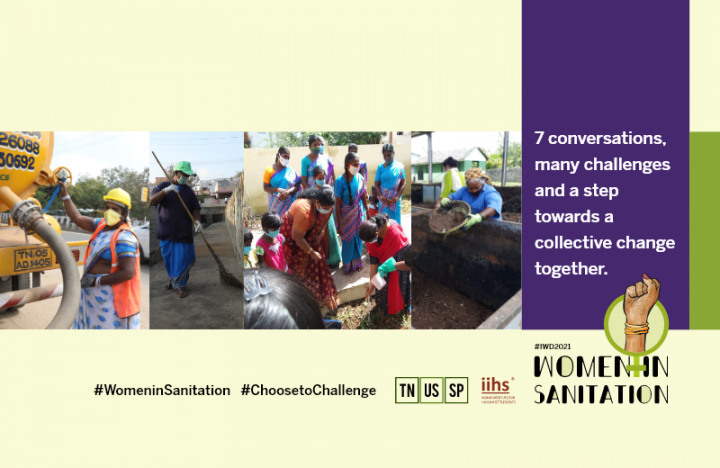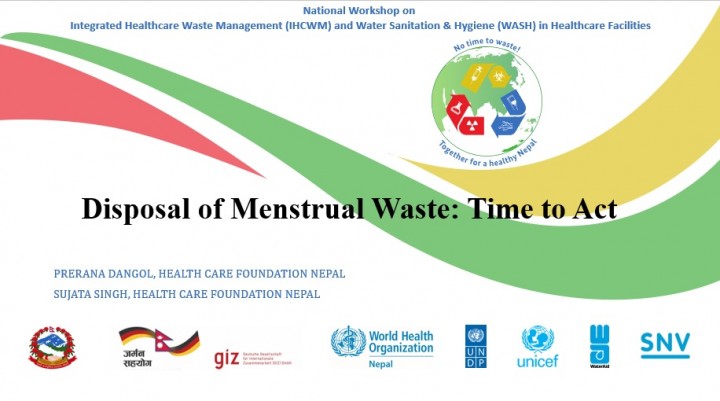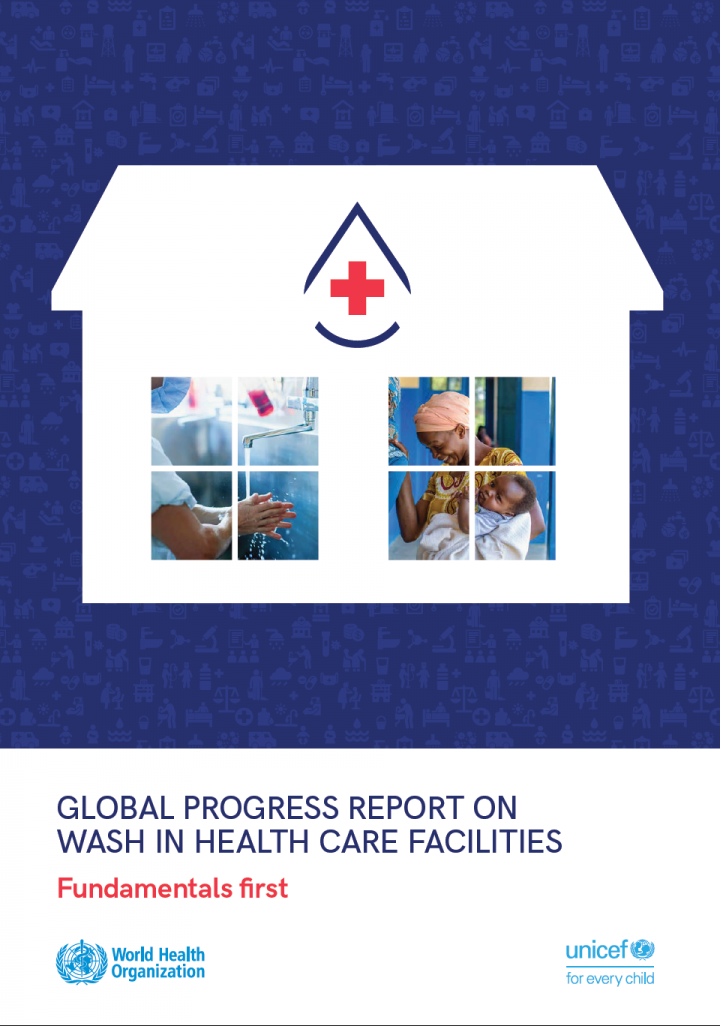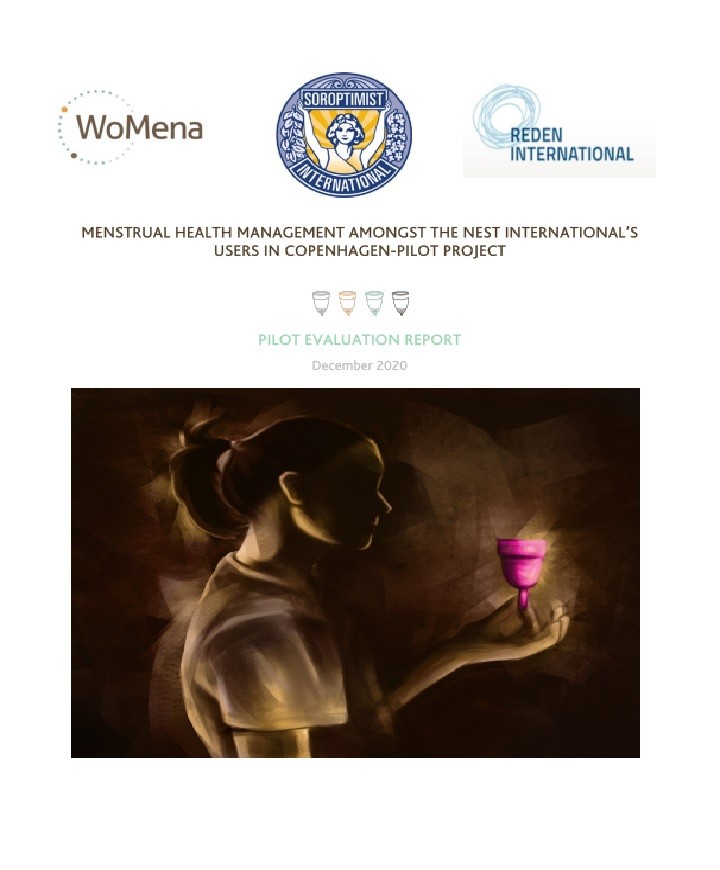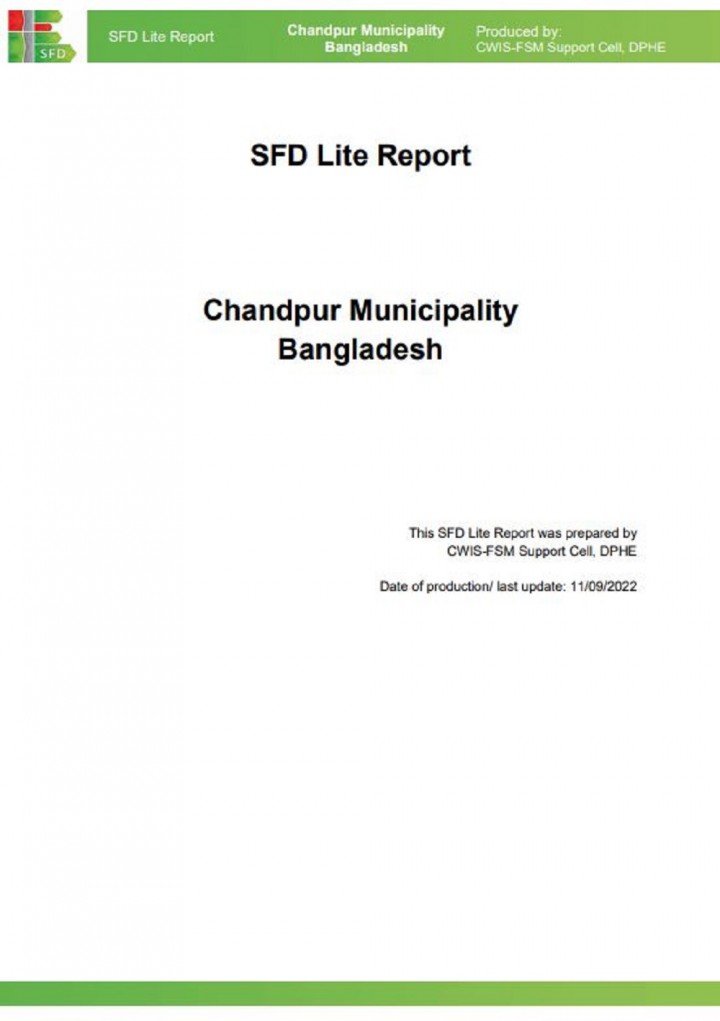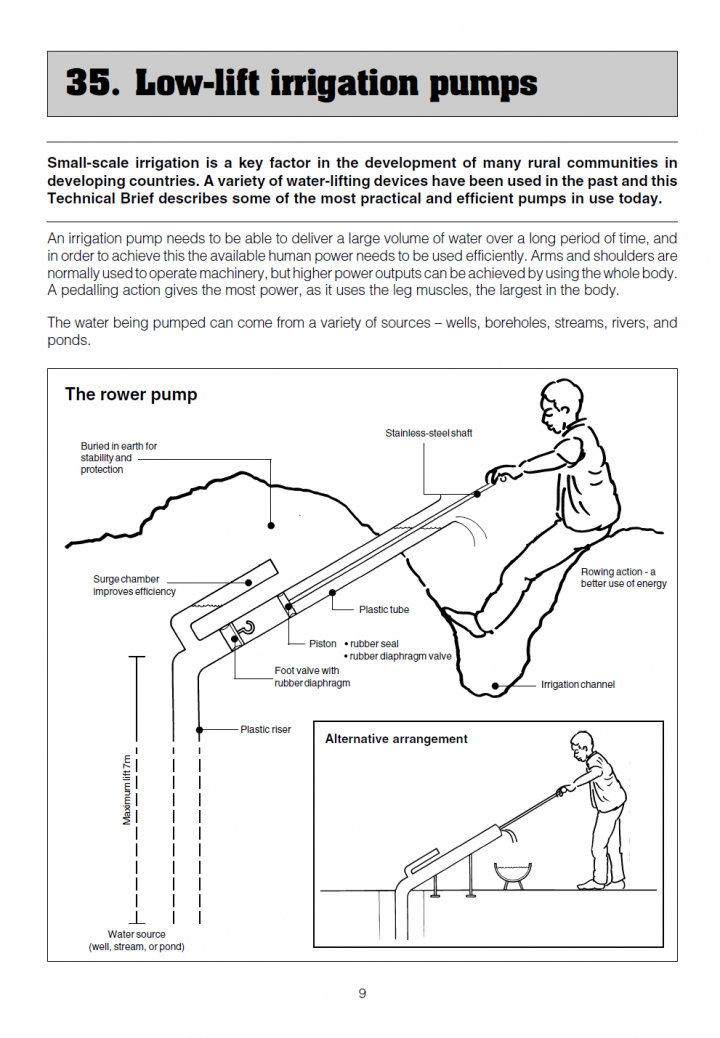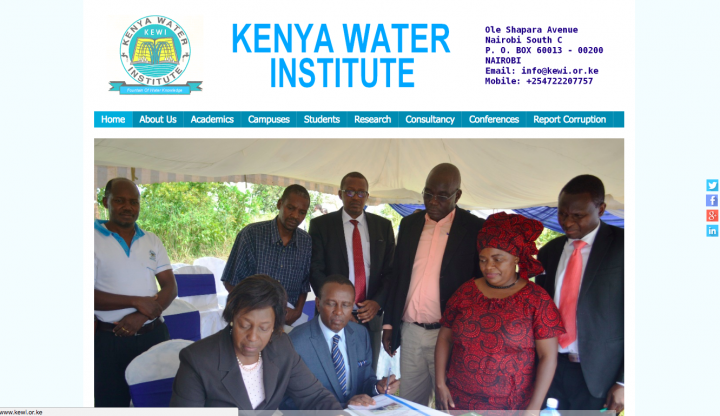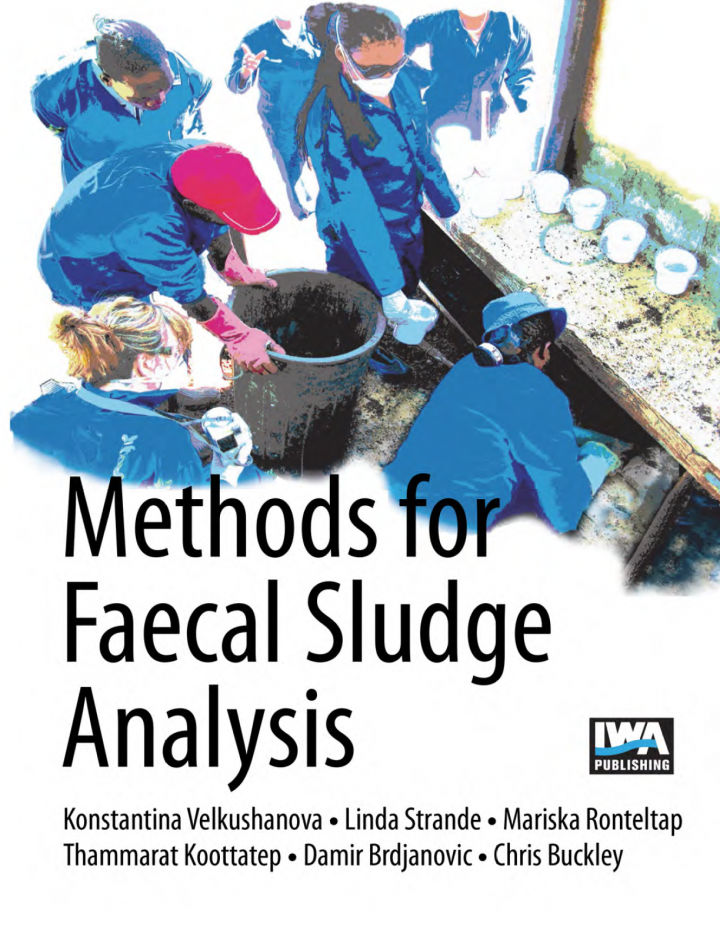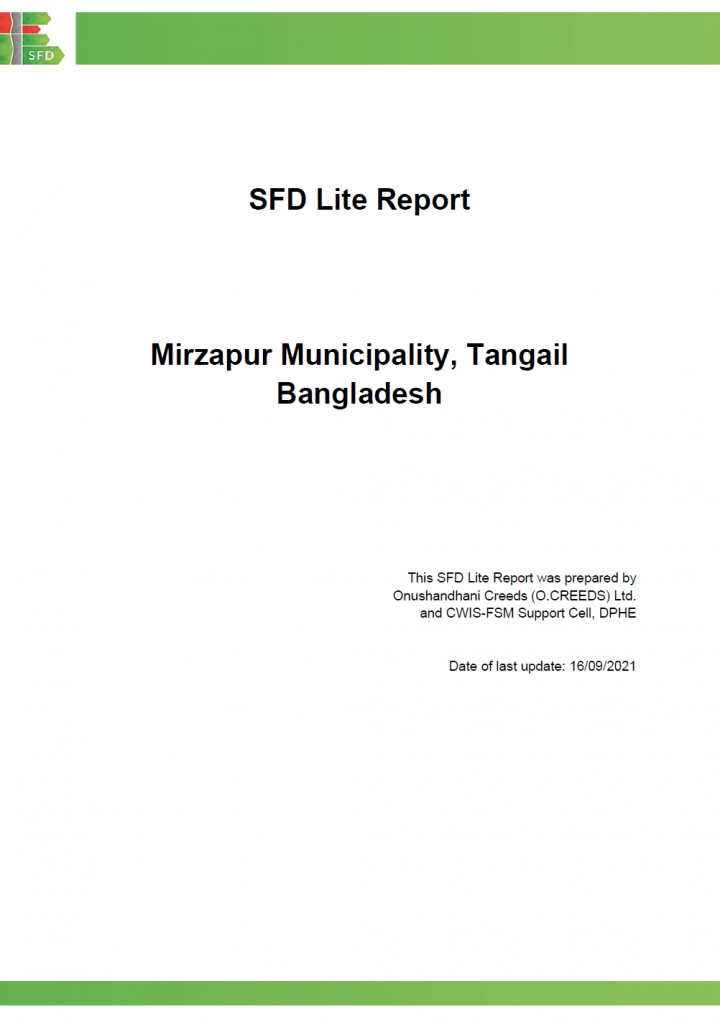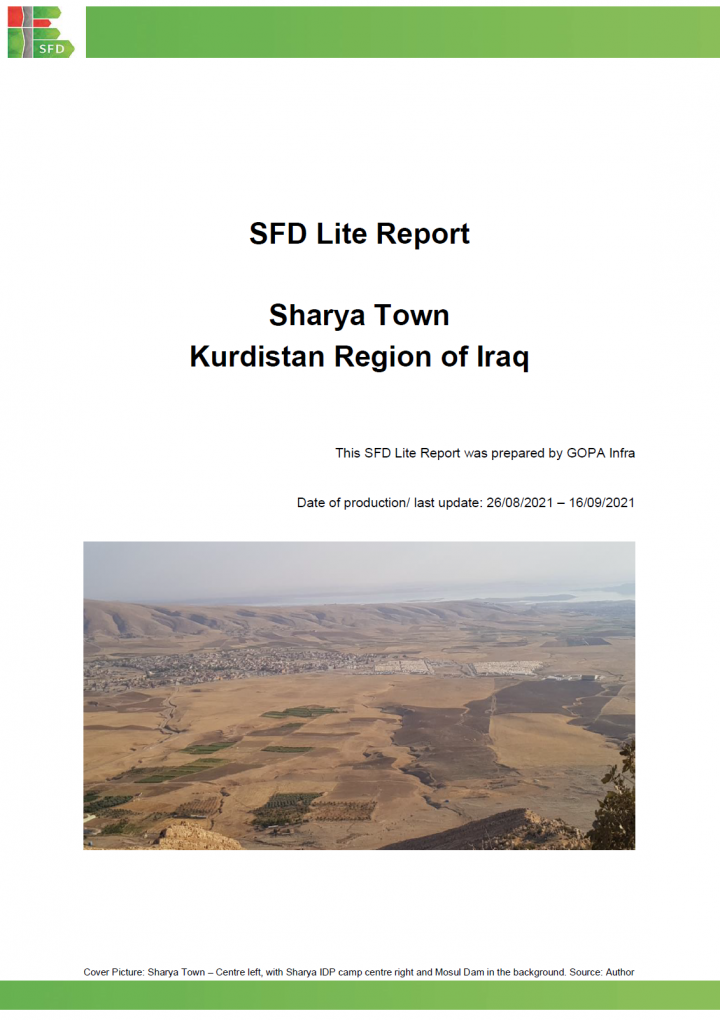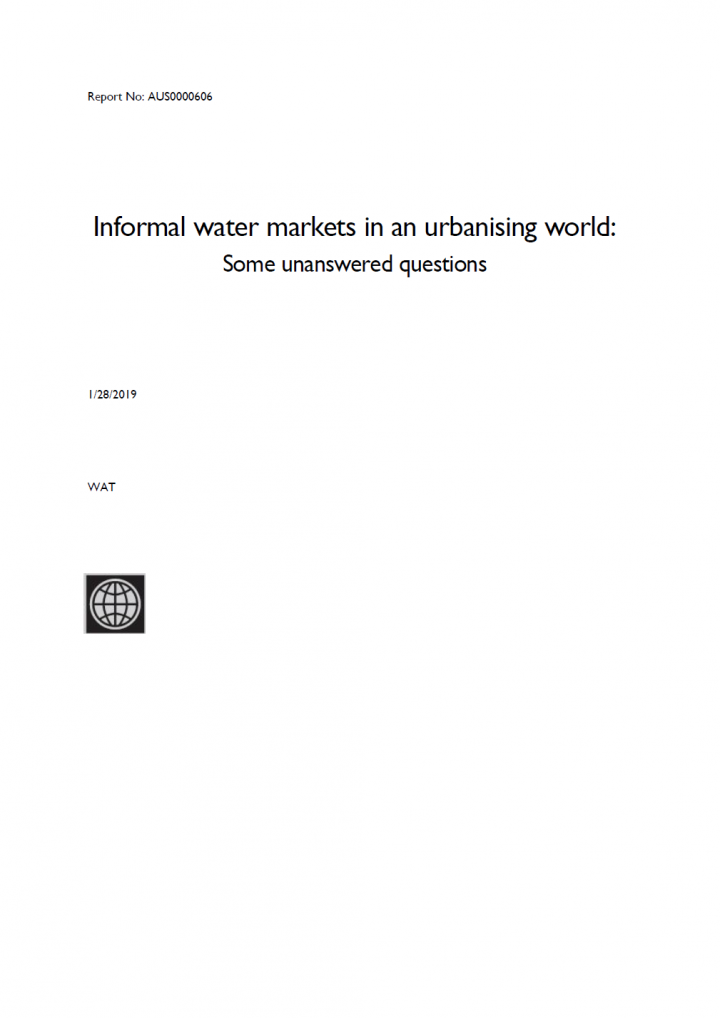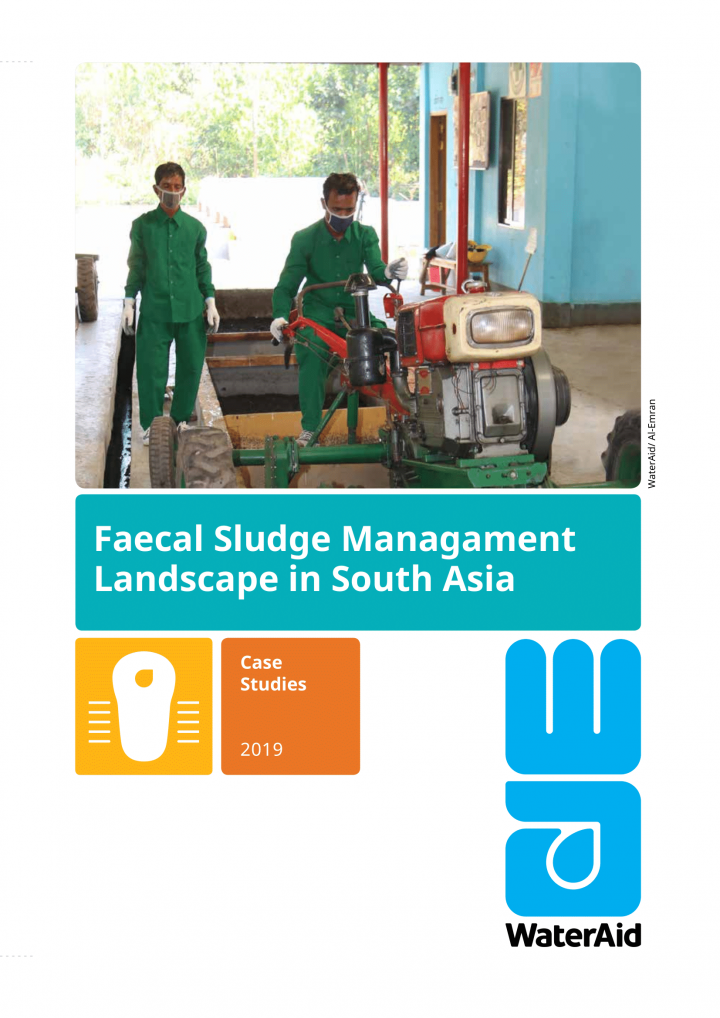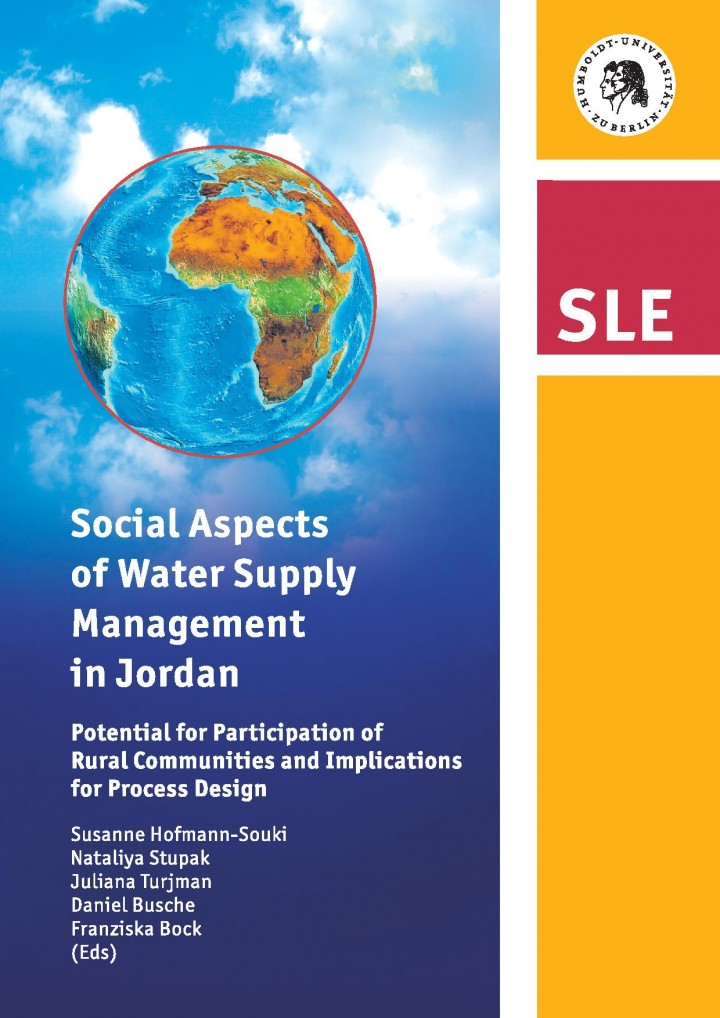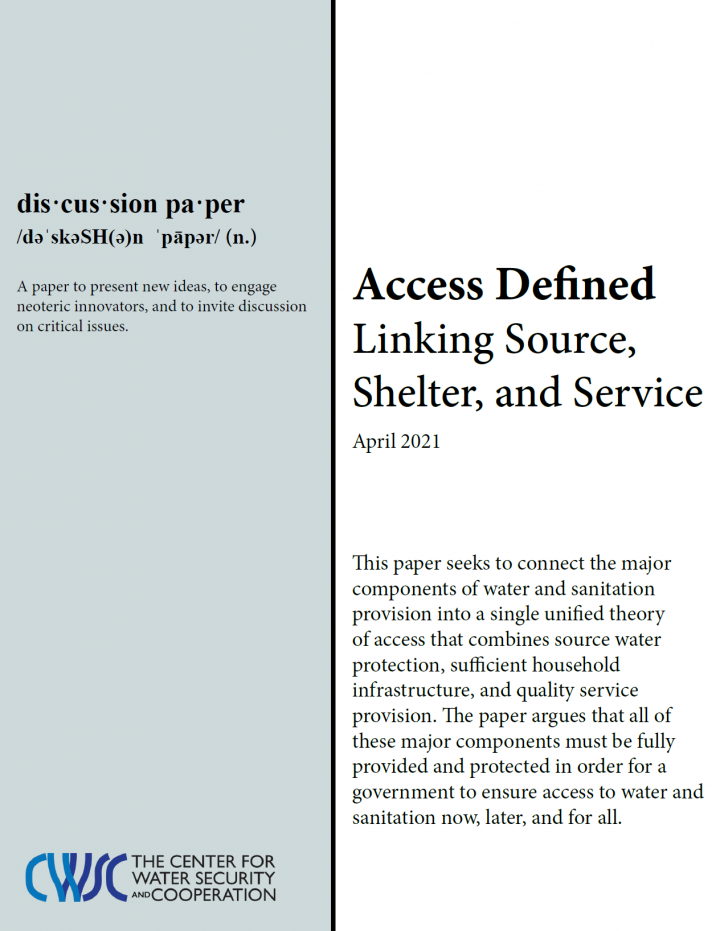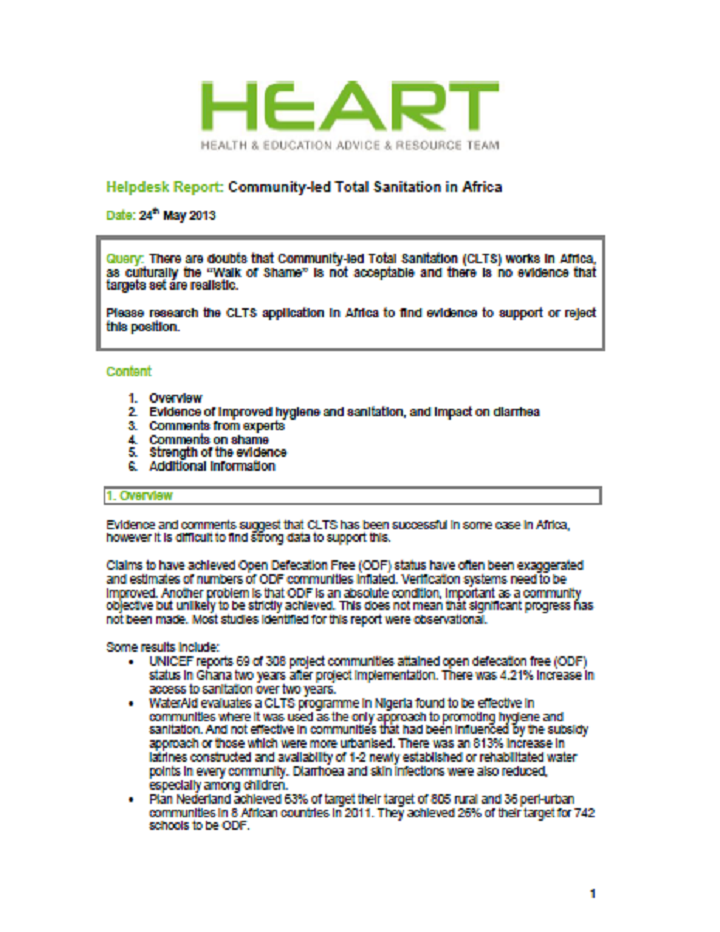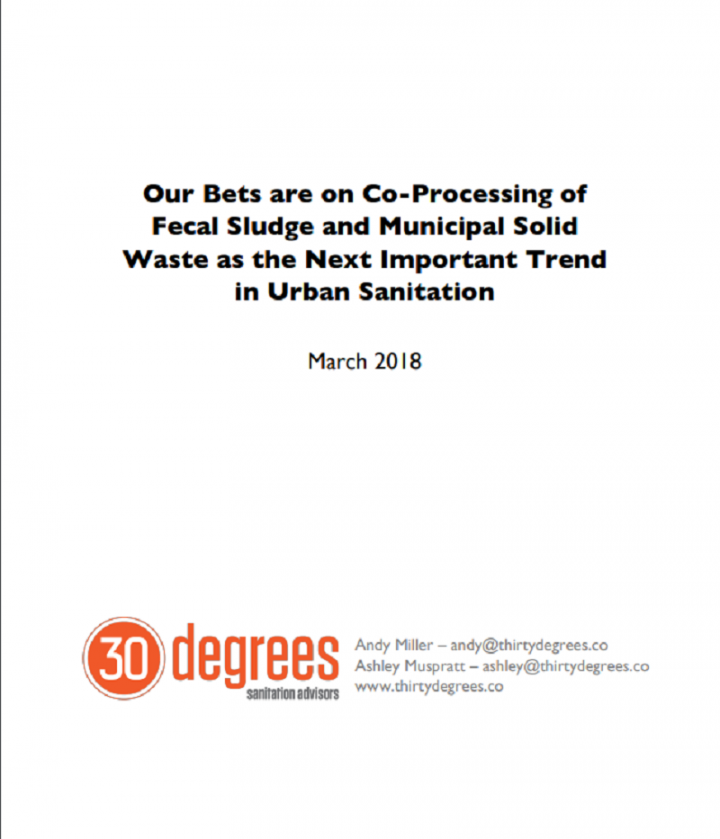Searching for information on Sanitation Workers?
The Sanitation Workers Knowledge + Learning Hub is the best source for all current news, trends, articles and updates on sanitation workers rights around the world.
The courses presented at Northlink College are career-orientated to bridge the gap between the workshop and the world of work with the least disruption at the end of the training period. Students who attend the simulated training are expected to wear the required safety attire (Helmet, Safety Shoes and an overall) at all times. The Competency Based Modular Training (CBMT) is the first stage in …
Humanitarian assistance and development cooperation pursue different aims and follow different principles. Their separation – while important to protect the independence of humanitarian action – has negative side effects. This paper seeks to contribute to the international debate by clarifying concepts, analyzing these effects and exploring donor strategies for addressing …
According to Census 2011, India’s urban population is 377 million or 31% of the total population, which is expected to increase to 600 million by 2031. The Census 2011 also showed that in 4,041 statutory towns, 7.90 million households (HHs) do not have access to toilets and defecate in the opena1. Under the Swachh Bharat Mission (SBM), it is envisaged that nearly 80% of these 7.90 million HHs …
Indicators are essential to monitor the progress of the Agenda 2030. An indicator summarizes information and helps policy makers to take important decisions regarding the implementation of measures to achieve the Sustainable Development Goals (SDGs). However, this requires data that is not available in many places. In order to fill this data gap, a transect walk with local stakeholders can …
Water is essential to man, animals and plants. Without water life on earth would not exist. From the very beginning of human civilization, families have settled close to water sources, along rivers, beside lakes or near natural springs. Indeed where people live, some water is normally available for drinking, domestic use, and possibly for watering animals. This does not imply that the source is …
This newsletter will provide you with a set of updates from the GIZ bilateral water and sanitation programmes in Africa, Asia, MENA and Latin America as well as a selection of news from other sustainable sanitation projects worldwide.
This newsletter focuses on digital approaches in sanitation.
The mission of Loveland TVET College is to produce high quality products and have a visible impact on social and economic development by:
- offering programmes of international standard, through the formation of strong linkages with key stakeholders and focusing on the holistic development of learners; and
- being a well-capacitated, accessible, credible, and self-sustaining TVET College, …
The analysis of the international adaptability of the three treatment systems a Magnesium-Ammonium-Phosphate (MAP) precipitation reactor and two membrane bioreactors (MBRs) treating the grey- and brownwater, designed for and used within the SANIRESCH project specifically focused on developing countries.
The aim was to identify regions and typical situations that are suitable for the …
To celebrate the occasion of International Women’s day on March 8 th , the Tamil Nadu Urban Sanitation Support Programme (TNUSSP) and the Indian Institute for Human Settlements (IIHS) has launched a social media campaign on women in sanitation. The stories being shared on social media raises important questions, not just to women but also to men who are playing different roles across the full …
The report identifies major global gaps in WASH services: one third of health care facilities do not have what is needed to clean hands where care is provided; one in four facilities lack basic water services, and one in 10 have no sanitation services. This means that 1.8 billion people use facilities that lack basic water services and 800 million use facilities with no toilets. Across the …
Foreign sex workers in Denmark are triply marginalised - due to their profession, legal status, as well as in matters related to menstruation. This pilot project aimed to assess the acceptability of the menstrual cup (MC) as well as education in menstrual health management (MHM) amongst 26 women from this group using the 'Nest International’' centre, who volunteered to be part of the project. …
Chandpur is a fast-growing city located along the Dhaka- N1 and Gauripur - Kachua highway and 120 km South of Dhaka. It is beside the Dakatia and Meghna Rivers and it is well connected with road, water, and railways. It is one of the oldest towns in the sub-continent and was declared a municipality in 1896 and a Pourashava in 1986. Chandpur is one of the 53 district-level municipalities in the …
The function of the department is mainly to carry surveillance on sector dynamics, conduct training needs, develop and implement short tailor made courses for skills upgrading, problem solving, and refresher in the water and related sectors. The tailor made courses are to suit the training needs and interventions desired for organizational growth in accordance with strategic plans and business …
Faecal sludge management is recognized globally as an essential component of city-wide inclusive sanitation. However, a major gap in developing appropriate and adequate management and monitoring for faecal sludge is the ability to understand and predict the characteristics and volumes of accumulated faecal sludge, and correlations to source populations. Since standard methods for sampling and …
Mirzapur municipality is one of the commercially significant towns under the Tangail District in Bangladesh. It is located about 54 Km northeast of Dhaka, the capital of Bangladesh. It has an administrative area of about 8.58 sq. km. There are 9 wards in Mirzapur municipality.
According to the population census in 2011 by the Bangladesh Bureau of Statistics (BBS), the population of Mirzapur …
Sharya town is situated in the KRI and located in the Sumel District, which is part of the Duhok Governorate administration, and it lies approximately 15km south of Duhok.
Sharya Town is currently hosting large numbers of IDP’s, both in and out of camps. Figures received from the HoM, relating specifically to the town in 2021, state that there are 7,254 individuals in the hosting community …
Delivering safe and sustainable water supplies presents a fundamental challenge for an urbanising planet. Approximately 1.5 million people migrate to cities and their peri-urban fringes each week, and the fastest growth occurs in small to intermediate sized cities where infrastructure and governance capacity lag (Birkmann et al., 2016). Piped water systems are struggling to keep pace. In this …
Some cities in the South Asian countries of Bangladesh, India and Nepal have established interventions around faecal sludge management (FSM). The purpose of this study is to identify and disseminate best practices and lessons learned on how to make FSM an integral part of urban sanitation service delivery in cities and towns in South Asia both with and without sewerage systems. This study draws …
Jordan ranks as one of the world’s water-poorest countries. The influx of refugees from Syria into Jordan since 2011 is placing a heavy burden on its already strained water resources. This brings existing deficiencies in water supply to the forefront, leading to frequent supply bottlenecks and dissatisfaction among the population, particularly in rural areas.
Although the absolute quantity …
The Center for Water Security and Cooperation (CWSC) recently published two discussion papers analyzing access to water and sanitation. One paper sets forth a global definition of "Access" to water and sanitation to chart a path for lasting progress. The second paper makes the case for repealing laws in the United States that allow water to be shut off to low-income households for their inability …
Evidence and comments suggest that CLTS has been successful in some cases in Africa, however it is difficult to find strong data to support this.
Claims to have achieved Open Defecation Free (ODF) status have often been exaggerated and estimates of numbers of ODF communities inflated. Verification systems need to be improved. Another problem is that ODF is an absolute condition, important as a …
Liquid and solid waste management are huge and unsolved challenges in many developing cities. This
article makes the case that co-processing FS and MSW could help: 1) Tackle the public
and environmental health disasters associated with inadequate urban waste
management; and 2) Improve the operating economics of FS management.


